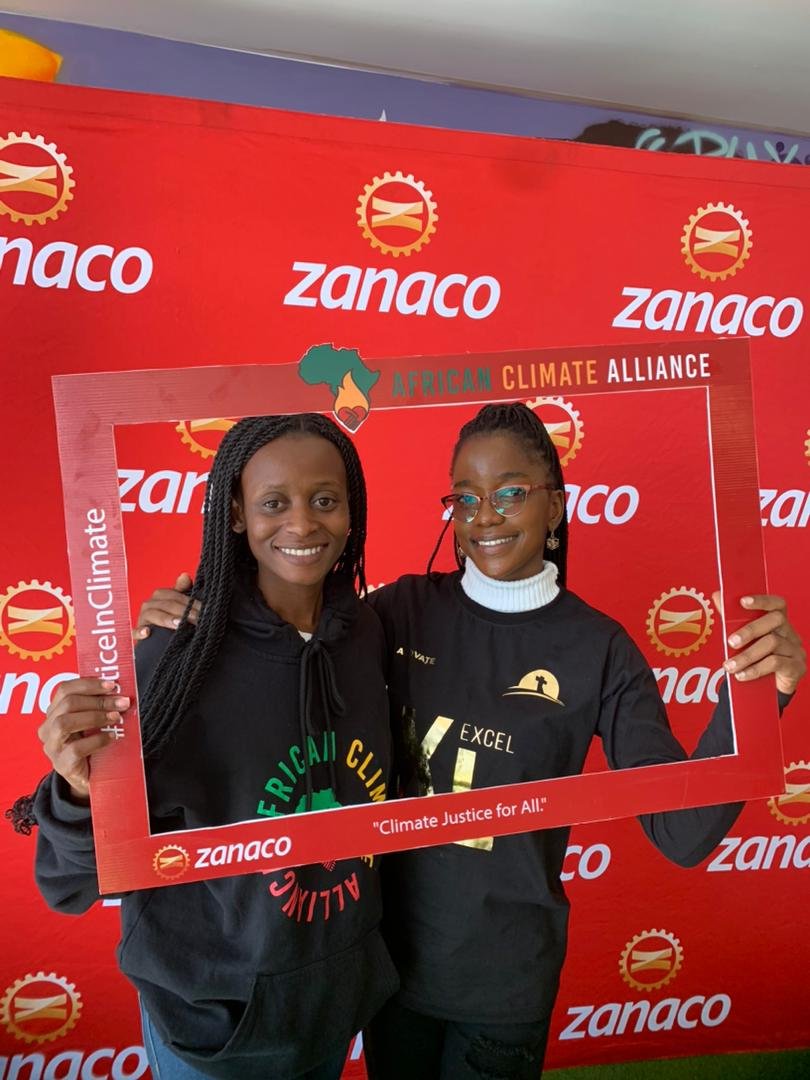Activist Spotlight: Florence Kasumbalesa
An interview with Florence Kasumbalesa – a Zambian medical student with a profound interest in the intersections of climate change, women's and children's health.
Florence Kasumbalesa is a Zambian medical student with a profound interest in the intersections of climate change, and women's and children's health. Her work focuses on addressing the critical nexus of climate change, nutrition, and health, with a particular emphasis on the vulnerabilities and resilience of African communities.
Florence is also the founder of the Zambia Health and Nutrition Project which focuses on improving the health of women and children through agricultural knowledge in the face of climate change. And, she was a 2023/2024 ACA Ambassador.
We asked Florence a few questions to learn more about her activist journey and how the climate crisis is a public health crisis too.
What first ignited your spirit for justice?
In 2022, I started noticing how my community has been affected by climate change and learning about what climate change is. The main way that the climate crisis is affecting Zambia is through food insecurity. Zambia depends on agriculture for food provision. In the past few years, our rain patterns have been irregular, leading to dry spells, which has increased the cases of malnutrition. This is what ignited my desire to make a change.
You’re a medical student and passionate about the health of women and children. How does climate change impact the health and nutrition of women and children?
In some parts of the country, like Lusaka, floods have contributed to the spread of waterborne disease among women and malnutrition cases in children. The lifelong consequences of undernutrition for children who survive are not reversible.
Can you share more about what the Zambia Health and Nutrition Project does?
The project aims to improve the health of women and children by promoting agricultural knowledge and practices that enhance food security, nutrition, and climate resilience. By focusing on agricultural knowledge, the project addresses the root causes of malnutrition and health issues.
We also incorporate teachings on indigenous agricultural techniques that we believe are climate solutions, such as sustainable harvesting and natural fertilizers.
There are many ways to take climate action, and this looks different for everyone. What are a few of your personal favourite ways?
My favourite climate actions include using public transport, reducing energy consumption, and supporting organizations and individuals working on climate issues.
What is something you learnt in your journey as an ACA Ambassador that you still carry with you today?
As an ACA Ambassador, I have gained valuable knowledge, skills, and networks. I have learned the importance of collaboration in my climate activism journey.
What is one piece of media that you would recommend for people wanting to learn more about being socially and environmentally active?
Everyone should watch the documentary called ‘The Race to Save the World’.
What is a misconception of the climate justice movement that you want to debunk?
One common misconception is that climate change is all about the environment when climate change is intertwined with social justice, health, human rights, and economic equality.



